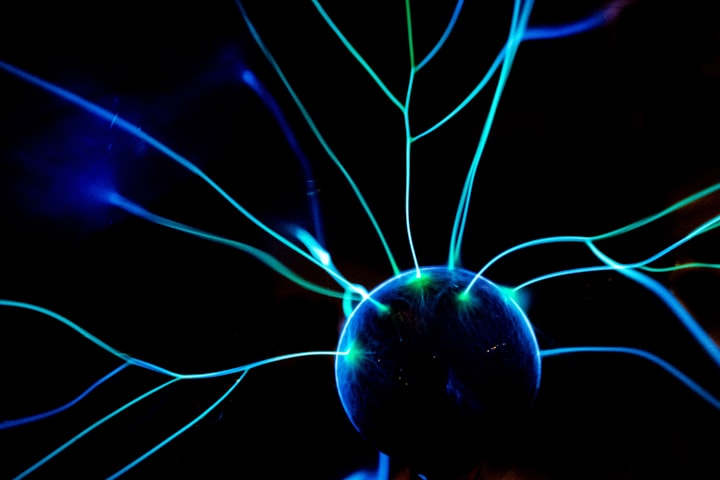
Introduction
The history of science is a captivating narrative of human curiosity, innovation, and discovery. It is a tale that spans millennia, from our ancestors' earliest attempts to make sense of the natural world to the cutting-edge research and technological advancements of today. This article delves into the rich tapestry of scientific history, exploring its key milestones, influential figures, and transformative ideas that have shaped our understanding of the universe.
Ancient Beginnings
The roots of science can be traced back to ancient civilizations, where early humans observed and interacted with their environment. The Babylonians, for example, made significant contributions to astronomy by recording celestial events like lunar eclipses. In ancient Greece, philosophers such as Thales and Pythagoras laid the groundwork for rational thought and mathematical principles. Aristotle, often regarded as one of the greatest philosophers of antiquity, made influential contributions to natural philosophy.
The Scientific Revolution
The Renaissance period witnessed a resurgence of interest in the natural world, paving the way for the Scientific Revolution of the 16th and 17th centuries. Nicolaus Copernicus shattered the geocentric model by proposing the heliocentric theory, which placed the Sun at the center of the solar system. This bold idea was further developed by Johannes Kepler, who formulated the laws of planetary motion, and Galileo Galilei, who used the newly invented telescope to observe the heavens, providing concrete evidence to support heliocentrism.
Isaac Newton's Principia Mathematica, published in 1687, marked a watershed moment in scientific history. Newton's laws of motion and universal gravitation laid the foundation for classical mechanics, demonstrating that the same laws governed the motion of objects both on Earth and in the heavens.
The Enlightenment and the Birth of Modern Science
The Enlightenment period of the 18th century emphasized reason, empiricism, and skepticism, which catalyzed the growth of modern science. Scientists like Antoine Lavoisier established the principles of modern chemistry and the conservation of mass, while Carl Linnaeus developed the binomial nomenclature system for classifying species. Meanwhile, the emergence of experimental methods and scientific societies further accelerated scientific progress.
Charles Darwin's theory of evolution, presented in "On the Origin of Species" (1859), revolutionized the field of biology. Darwin's idea that species evolved through natural selection challenged conventional beliefs and reshaped our understanding of life's diversity.
The 20th Century: A Century of Discovery
The 20th century witnessed an explosion of scientific discovery across various disciplines. Albert Einstein's theory of relativity, formulated in 1905 and 1915, provided new insights into the nature of space, time, and gravity. Quantum mechanics, developed by physicists like Max Planck and Werner Heisenberg, introduced a new realm of understanding at the subatomic level.
Advances in genetics, driven by the work of Gregor Mendel and later the discovery of the structure of DNA by James Watson and Francis Crick, brought forth the field of molecular biology. This laid the groundwork for genetic engineering, a transformative technology with profound implications for medicine and agriculture.
The Digital Revolution
The latter part of the 20th century and early 21st century witnessed the rise of the digital age, which has transformed how science is conducted and communicated. High-speed computing, advanced data analysis, and global communication networks have accelerated scientific progress and collaboration. Fields like artificial intelligence, genomics, and nanotechnology have flourished, bringing us closer to solving some of the most complex challenges facing humanity.
Conclusion
The history of science is a testament to humanity's insatiable curiosity and capacity for discovery. From ancient observations of the heavens to the modern frontiers of quantum physics and artificial intelligence, the journey of science has reshaped our understanding of the universe and revolutionized our way of life. As we move forward, the legacy of those who have come before us serves as an inspiration to continue exploring, questioning, and pushing the boundaries of knowledge. The history of science is an ongoing epic, and each generation of scientists adds another chapter to this remarkable story.
BY KAWABONGA
About the Creator
kawabonga
I am an emerging talent in the world of article writing, known for my unique perspective and ability to craft engaging and insightful content. With a passion for words and an unquenchable curiosity about the world.





Comments (1)
Great work! Fantastic job!